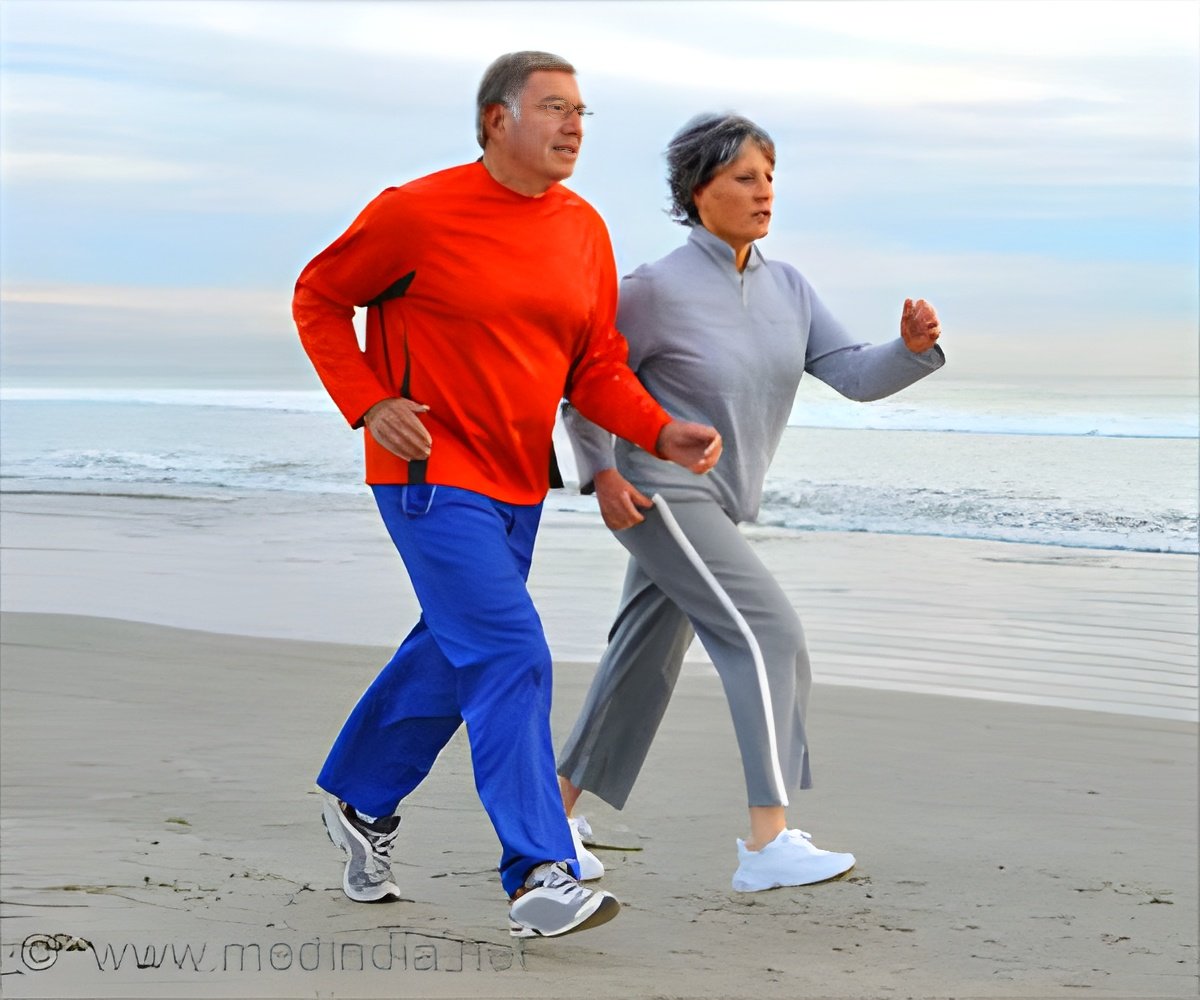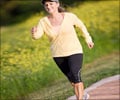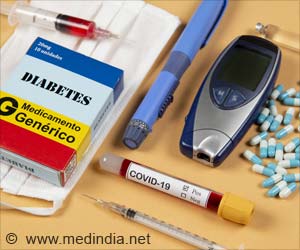Older adults with better cardio-respiratory fitness levels had reduced these age-related changes in memory performance and brain activity.

- Older adults who scored high on cardiorespiratory fitness (CRF) tests performed better on memory tasks.
- Fit older adults showed better memory performance and increased brain activity patterns in brain regions that show typical age-related decline.
- Maintaining high levels of fitness through physical activity can slow down memory decline.
Aerobic activities include walking, jogging, cycling, jumping rope, swimming, kickboxing, using the treadmill, aerobic dancing.
According to the researchers this study highlights that CRF is not only important for physical health, but is also associated with brain function and memory performance.
Difficulty remembering new information represents one of the most common complaints in aging and decreased memory performance is one of the hallmark impairments in Alzheimer’s disease.
Cardiorespiratory fitness was assessed in healthy young (18-31 years) and older adults (55-74 years). They were made to walk and jog on a treadmill while researchers measured the ratio of inhaled and exhaled oxygen and carbon dioxide. These participants also underwent MRI scans which collected images of their brain while they learned and remembered names that were associated with pictures of unfamiliar faces.
Age differences in brain activation were observed during the learning of the face-name pairs, with older adults showing decreased brain activation in some regions and increased brain activation in others. However, the degree to which older adults demonstrated these age-related changes in memory performance and brain activity largely depended on their fitness level.
Higher fit older adults also had greater activation than young adults in some brain regions, suggesting that fitness may also serve a compensatory role in age-related memory and brain decline.
“Therefore, starting an exercise program, regardless of one’s age, can not only contribute to the more obvious physical health factors, but may also contribute to memory performance and brain function," explained corresponding author Scott Hayes, PhD, assistant professor of psychiatry at Boston University School of Medicine and the Associate Director of the Neuroimaging Research for Veterans Center at the VA Boston Healthcare System.
The researchers caution that maintaining high levels of fitness through physical activity will not entirely eliminate or cure age- or Alzheimer’s disease related decline, but it may slow down the decline.
Future studies following individuals’ fitness and physical activity levels, memory, and brain function over the course of years would more directly address this issue.
Reference
- Scott Hayes et al., Older, fitter adults experience greater brain activity while learning, Cortex (2017).
- https://www.medindia.net/patients/lifestyleandwellness/exercise-and-fitness-classification.htm.
Source-Medindia










